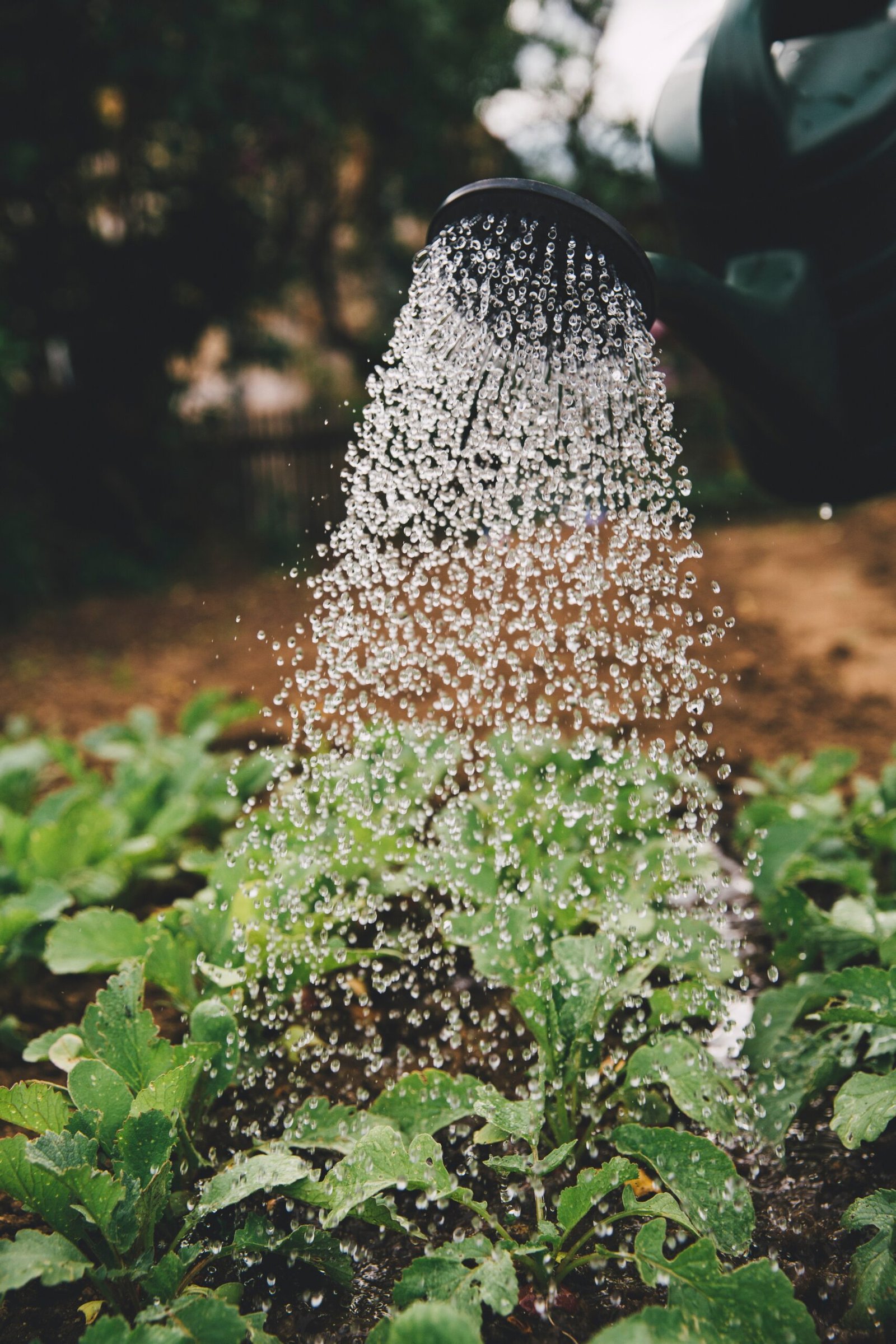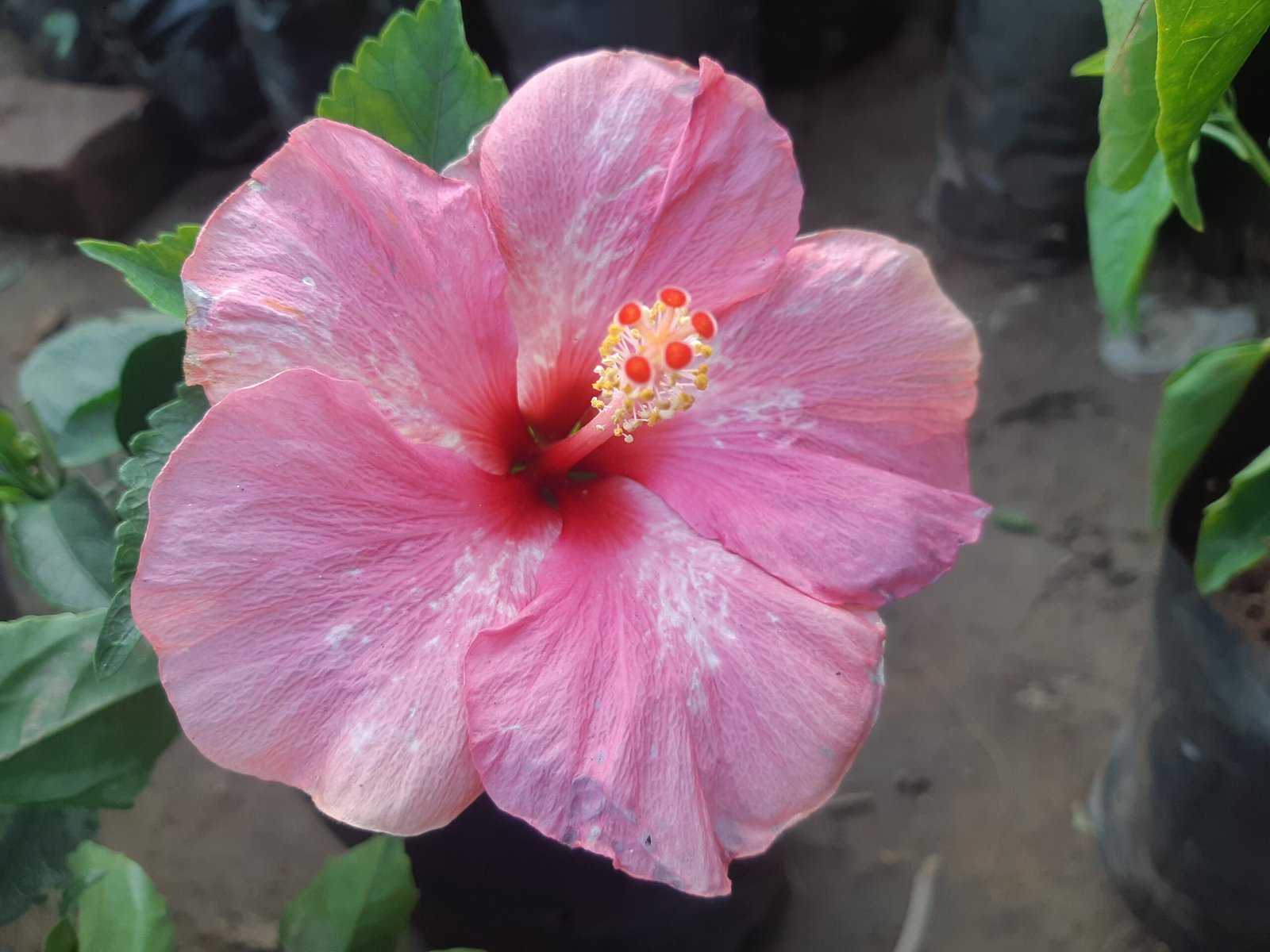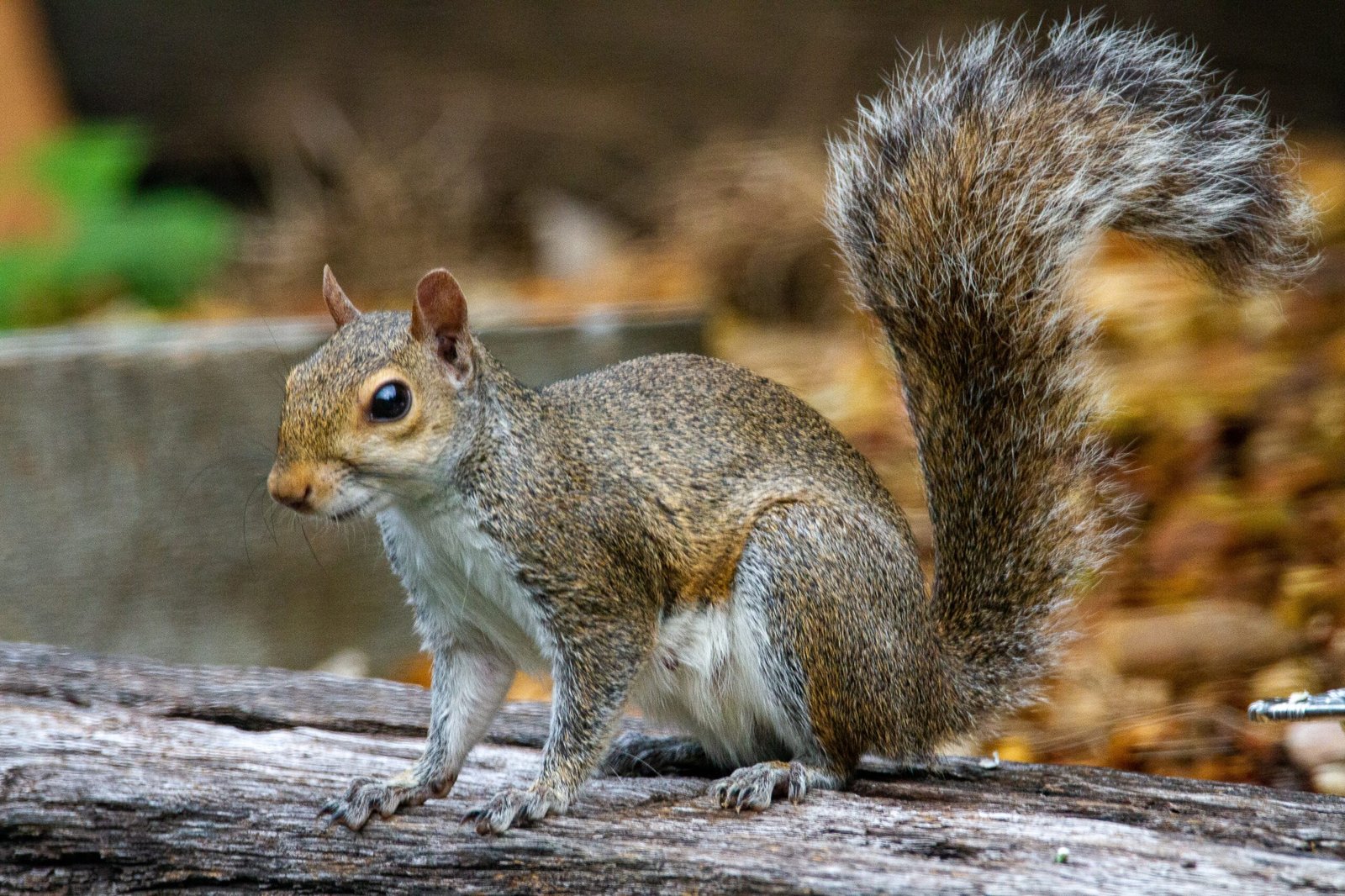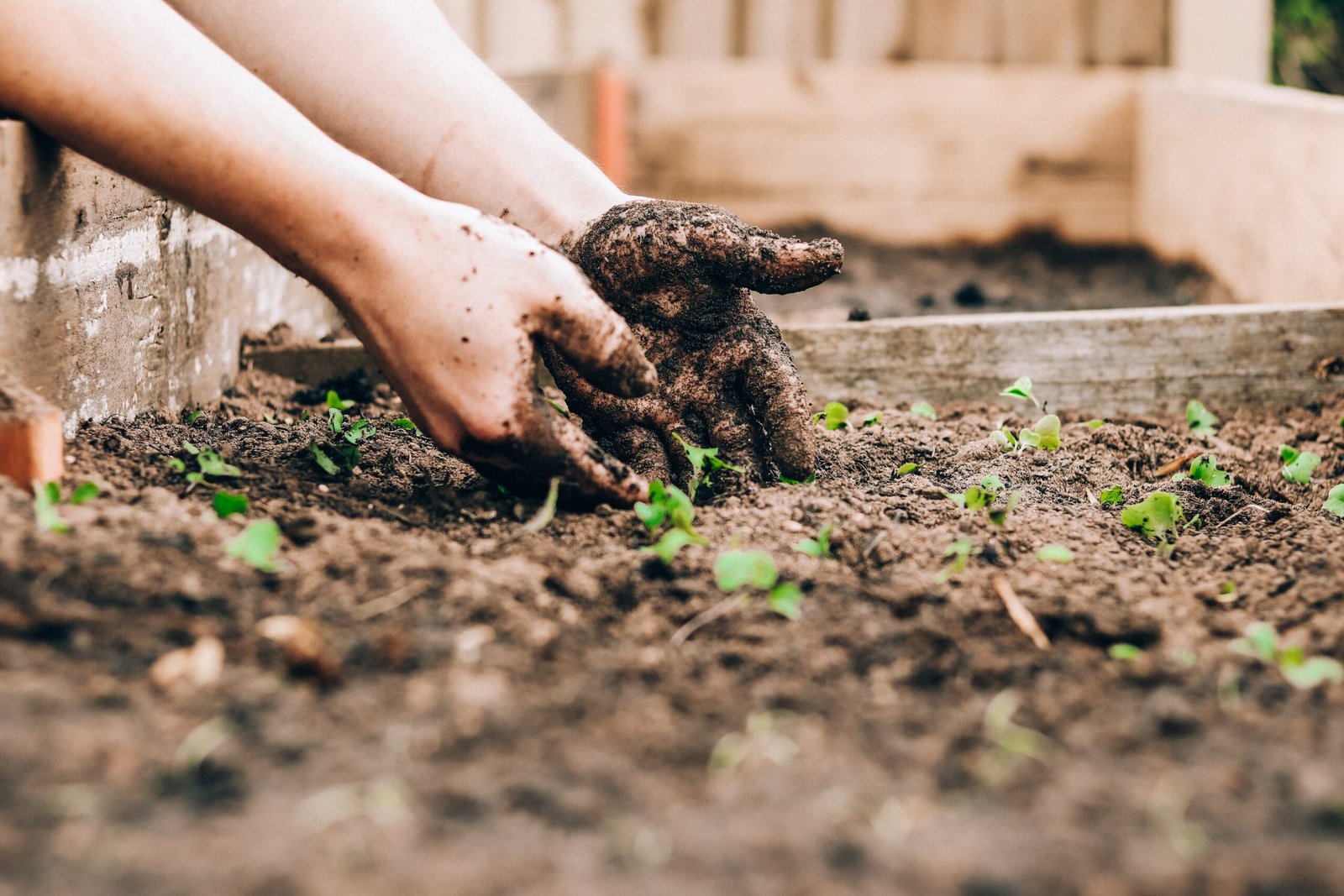Top 10 Ways to Start Gardening for Beginners: Latest Trends and Tips
Gardening is not only a rewarding hobby but also a great way to relax and connect with nature. Whether you have a spacious backyard or a small balcony, anyone can start gardening and enjoy the benefits of growing their own plants. In this blog post, we will explore the top 10 ways for beginners to get started in gardening, along with the latest trends and tips to help you succeed.
1. Start with Easy-to-Grow Plants
When starting your gardening journey, it’s important to choose plants that are easy to grow and maintain. Some popular choices for beginners include herbs like basil and mint, vegetables like tomatoes and lettuce, and flowers like marigolds and pansies. These plants are resilient and forgiving, making them perfect for those new to gardening.
2. Create a Suitable Environment
Before you start planting, assess the environment in which your plants will grow. Consider factors such as sunlight, soil quality, and water availability. Most plants thrive in well-draining soil with at least six hours of sunlight per day. If you have limited space, consider container gardening or vertical gardening to maximize your growing area.
3. Learn about Plant Care
Each plant has unique care requirements, so it’s essential to educate yourself about the specific needs of the plants you choose. Research the ideal watering schedule, fertilization methods, and pruning techniques for your selected plants. Understanding these basics will help you provide the best care for your garden.
4. Embrace Organic Gardening
With the increasing focus on sustainability and environmental consciousness, organic gardening has become a popular trend. Avoid using synthetic pesticides and fertilizers, and instead opt for organic alternatives. Compost your kitchen scraps to create nutrient-rich soil, and attract beneficial insects to help control pests naturally.
5. Incorporate Companion Planting
Companion planting involves growing different plants together to benefit each other. Some plants repel pests, while others attract pollinators or improve soil quality. For example, planting marigolds alongside tomatoes can deter pests, while growing basil near tomatoes enhances their flavor. Research companion planting combinations to optimize your garden’s health and productivity.
6. Utilize Vertical Gardening
If you have limited space, vertical gardening is an excellent solution. It involves growing plants vertically, using trellises, hanging baskets, or wall-mounted planters. Not only does vertical gardening maximize space, but it also adds a unique visual element to your garden. Consider growing vining plants like cucumbers or trailing flowers like petunias for stunning vertical displays.
7. Stay Updated on Gardening Trends
Gardening trends are constantly evolving, so staying updated can help you discover new techniques and ideas. Join online gardening communities, follow gardening influencers on social media, and read gardening blogs to stay informed. This way, you can incorporate the latest trends into your gardening practices and experiment with new plants or methods.
8. Embrace Sustainable Practices
As a gardener, it’s essential to prioritize sustainability. Use water-efficient irrigation systems, collect rainwater for watering, and recycle materials for garden structures and decorations. Consider using heirloom seeds and saving seeds from your plants for future seasons. By adopting sustainable practices, you contribute to the overall health of the environment.
9. Experiment with Indoor Gardening
If outdoor space is limited or if you want to enjoy gardening year-round, indoor gardening is a fantastic option. Grow herbs, small vegetables, or even decorative plants indoors. Choose plants that thrive in low-light conditions and consider using grow lights to supplement natural sunlight. Indoor gardening can beautify your home while providing fresh produce and a calming atmosphere.
10. Seek Advice and Learn from Experience
Lastly, don’t hesitate to seek advice from experienced gardeners or join local gardening clubs. Learning from others’ experiences can save you time and help you avoid common pitfalls. Gardening is a continuous learning process, so embrace the opportunity to grow your knowledge and skills.
FAQs
Q: How often should I water my plants?
A: The watering frequency depends on the plant’s specific needs, but as a general rule, it’s better to underwater than overwater. Check the soil moisture regularly and water when the top inch feels dry.
Q: Can I start gardening without a backyard?
A: Absolutely! You can start gardening in containers, hanging baskets, or even vertical planters on balconies or windowsills. Many plants thrive in small spaces.
Q: How can I prevent pests from damaging my plants?
A: There are several natural pest control methods you can try, such as companion planting, introducing beneficial insects like ladybugs or lacewings, or using organic pest sprays made from ingredients like neem oil or garlic.
Q: How long does it take for plants to grow?
A: The growth time varies depending on the plant species and environmental conditions. Some plants may start producing within a few weeks, while others may take months. Read the seed packet or plant label for estimated growth times.
Tips for Successful Gardening
- Start small and gradually expand your garden as you gain experience.
- Keep a gardening journal to track your progress, including planting dates, observations, and lessons learned.
- Protect your plants from extreme weather conditions by using row covers or providing shade when necessary.
- Regularly monitor your plants for signs of disease or pest infestation and take appropriate action.
- Take time to enjoy your garden and the beauty it brings to your life.
In conclusion, gardening is a fulfilling and enjoyable activity that anyone can start. By following these top 10 ways for beginners and staying updated on the latest trends, you can create a thriving garden and experience the joy of growing your own plants. Remember to seek advice, experiment, and embrace sustainable practices to enhance your gardening journey. Now, go ahead and get your hands dirty!
Call to Action: Share your gardening journey with others on social media and inspire them to start their own gardens. Let’s spread the joy of gardening!









